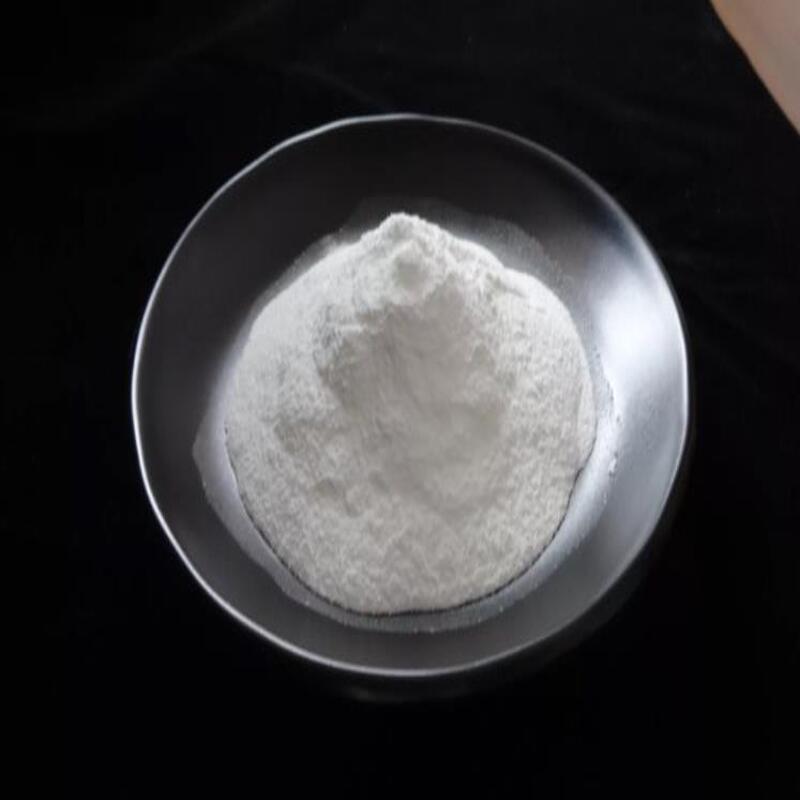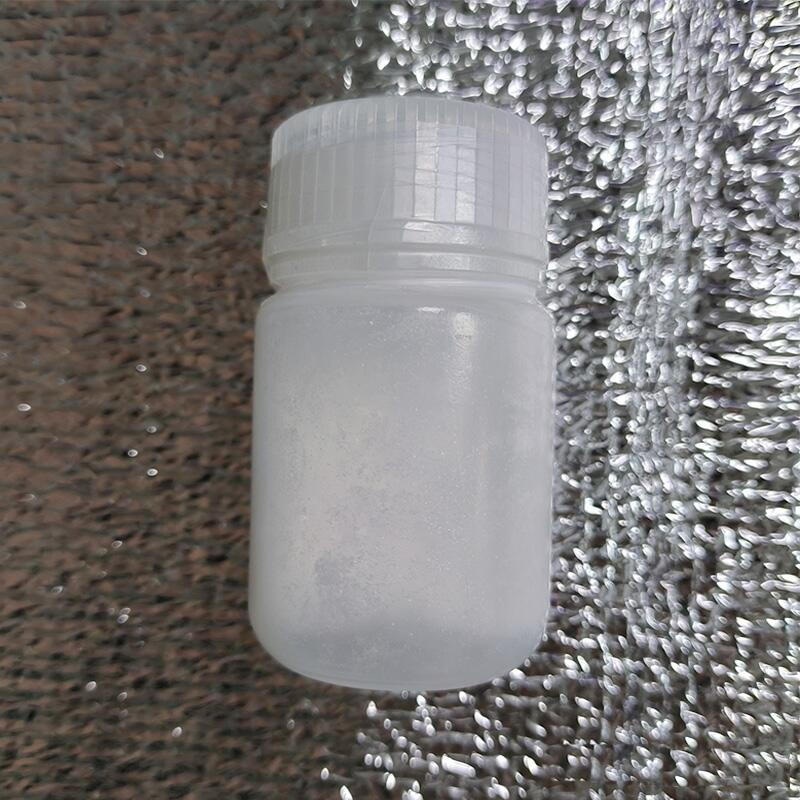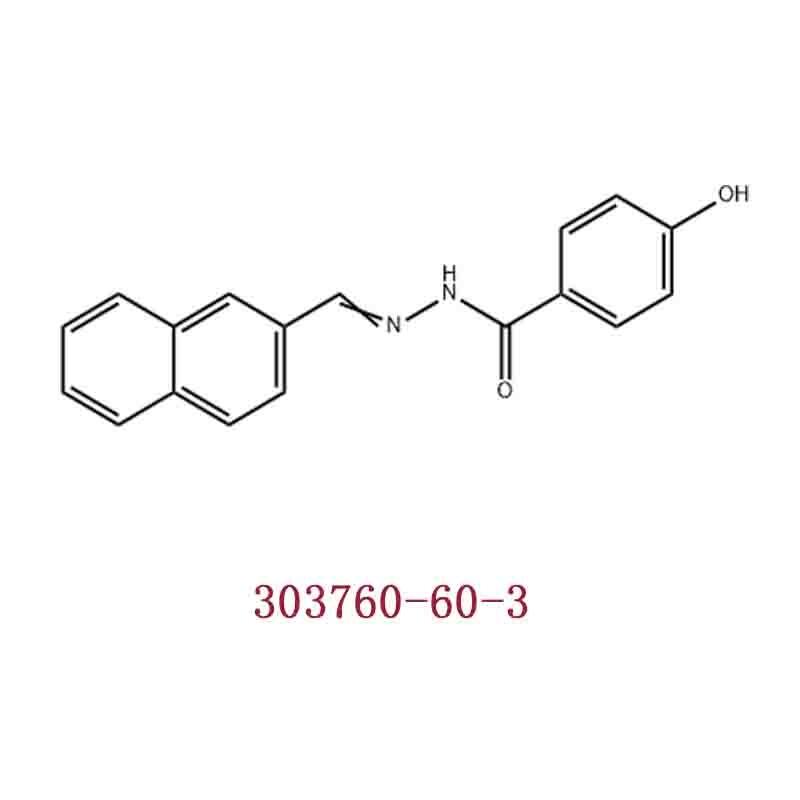-
Categories
-
Pharmaceutical Intermediates
-
Active Pharmaceutical Ingredients
-
Food Additives
- Industrial Coatings
- Agrochemicals
- Dyes and Pigments
- Surfactant
- Flavors and Fragrances
- Chemical Reagents
- Catalyst and Auxiliary
- Natural Products
- Inorganic Chemistry
-
Organic Chemistry
-
Biochemical Engineering
- Analytical Chemistry
-
Cosmetic Ingredient
- Water Treatment Chemical
-
Pharmaceutical Intermediates
Promotion
ECHEMI Mall
Wholesale
Weekly Price
Exhibition
News
-
Trade Service
This article is original by Translational Medicine.
Please indicate the source for reprinting.
Author: Tiffany Guide: Chronic enteritis is very harmful to our body.
Chronic enteritis often causes patients with chronic diarrhea, mental stress, indigestion, and intestinal disorders.
, Immune dysfunction, decreased intestinal resistance, and other adverse reactions.
At the same time, it can also cause intestinal mucosal inflammation and ulcers in patients with chronic enteritis
.
Recently, scientists have also discovered that chronic enteritis may worsen into bowel cancer! Chronic enteritis refers to chronic inflammatory diseases of the intestinal tract.
It is a staged episode of gastrointestinal inflammation, accompanied by bloody bowel movements, diarrhea, and severely impaired quality of life.
This disease is often encountered in the digestive department.
Situation, it is caused by an inflammation of the intestine that can be caused by various reasons
.
The etiology can be divided into microbial infections such as bacteria, molds, viruses, pests, and protozoa.
It can also be caused by allergies
.
The clinically more common causes of chronic enteritis include:-Intestinal inflammation caused by pathogenic microorganisms, the most common being various bacteria
.
-Enteritis caused by autoimmune disorders, the more common ones are ulcerative colitis, Crohn's disease, and Behcet's disease
.
This disease can have recurrent abdominal pain and diarrhea
.
Even more frightening is that patients with chronic enteritis have an increased risk of colorectal cancer
.
The DNA in intestinal mucosal cells is destroyed as chronic enteritis worsens.
When DNA is damaged, cells in a healthy state protect themselves from the accumulation of defective genomes by not dividing further.
Hurt
.
However, these protective mechanisms will stop working when inflammation occurs, thereby promoting the deterioration of inflammation into bowel cancer.
.
But scientists have not yet discovered why these protective mechanisms become dysfunctional when chronic inflammation occurs
.
A team from "Chronic Inflammation Precision Medicine" now shows that the risk gene XBP1 of chronic enteritis has a decisive influence on the way intestinal mucosal cells deal with DNA damage, thereby protecting themselves from the deterioration of cancer
.
In addition, the team led by Professor Philip Rosenstiel and Dr.
Konrad Aden of the Institute of Clinical Molecular Biology of Keele University and Schleswig-Holstein University Medical Center at Keele University were able to find possible potential mechanisms.
Initial signs
.
They published the results of this research in an article titled "Epithelial X-Box Binding Protein 1 Coordinates Tumor Protein p53-Driven DNA Damage Responses and Suppression of Intestinal Carcinogenesis" in the journal Gastroenterology: Risk genes worsen DNA repair In a healthy, unaltered condition, the XBP1 gene encodes a protein that ensures that the molecules in the intestinal mucosa are in balance and prevent inflammation
.
In patients with chronic enteritis, the loss of the function of this gene in the intestine can lead to barrier disorders and unhindered inflammation
.
The latest research published by Keir’s research team shows that this gene is a factor in the formation of bowel cancer
.
If the gene is missing in the cells on the surface of the intestinal mucosa, the important repair mechanism of the genetic material cannot be performed correctly
.
If XBP1, a risk gene for chronic enteritis, is missing in intestinal epithelial cells (that is, intestinal mucosal cells), it will cause DNA damage and increased cell division.
Animals can also cause intestinal cancer due to XBP1 gene defects
.
"This picture is a microscopic image of inflamed intestinal tissue: On the right, the DNA repair mechanism is destroyed, which promotes the growth of tumors through the tumor suppressor p53 and mTOR signaling pathway.
In the next step, they want to understand accurately The mechanism by which the XBP1 gene regulates DNA repair, and in the case of abnormal XBP1 function, which mechanism leads to the occurrence of cancer
.
Researchers have discovered the important role of the known molecular switch p53, which is a kind of The so-called tumor suppressor can protect cells from malignant degeneration
.
P53 is considered to be the "guardian of the genome" and plays a decisive role in controlling cell growth
.
The research team was able to prove that the activity of XBP1 and p53 tumor suppressor is coordinated
.
they are also trying to determine a new mechanism, through this mechanism, the tumor suppressor p53 may prevent the uncontrolled growth of intestinal epithelial cells
.
Dr.
one of the senior authors of the study are the University of Cambridge-based Konrad Aden A senior doctor in the Department of Internal Medicine at the University of Seoul, he said: "Our results show that XBP1 and p53 work together through the so-called mTOR signaling pathway to prevent the uncontrolled proliferation of damaged intestinal epithelial cells, thereby turning into a malignant disease
.
"Potential treatment methods.
In medicine, the mTOR signaling pathway has been used as a therapeutic target for other diseases for a long time, which may provide a new early approach for cancer treatment
.
Researchers used a specific inhibitor of the mTOR pathway, the drug substance Lei Paamycin treats mice and cell systems with increased DNA damage and XBP1 gene defects
.
Aden reports: "In our model, rapamycin significantly reduces the increase in cell division and the resulting intestinal epithelial damage
.
" Senior author Rosenstiel reports: "Although we have known for a long time that cancer can be caused by Chronic intestinal inflammation is caused, but we don’t know much about its underlying process
.
Our findings help us to see the new connection between inflammation, cell division disorders and genetic material repair.
Therefore, we will continue to study We are studying how to target the mTOR signaling pathway to prevent intestinal inflammation and cancer
.
"Reference: https://medicalxpress.
com/news/2021-11-chronic-intestinal-inflammation-cancer.
html Note: This article aims to introduce Medical research progress cannot be used as a reference for treatment options
.
If you need health guidance, please go to a regular hospital
.
Popular·Articles New Coronavirus [Lancet Heavy] 12 million people in the world's largest study: How much protection can the new coronavirus booster shot against Delta bring to you? Cancer Treatment [Science Sub-Journal] How to treat non-small cell lung cancer more effectively? Scientists at MIT have discovered a way to bring hope to patients! Novel Coronavirus [Nature Hot Discussion] Will the 28 million children in the United States benefit from the FDA's move? What is the role and significance of children's vaccinations against the new crown? New crown virus [The Lancet] Terrible! Delta mutant virus can spread so easily in the family environment! Isn’t it safe at home? New coronavirus [Nature] The power of the new coronavirus is unabated, and tuberculosis is also rampant! How to coordinate the two? Scientists said: The new crown research will greatly help the development of tuberculosis vaccine! New Coronavirus [Breakthrough] Scientists have discovered missing fragments in the genome of the new coronavirus mutant, which is expected to bring hope to more effective treatment of new coronavirus patients! Immunotherapy [Nature Sub-Journal] Immune cells "instigated" by cancer cells may become "stepping stones" for cancer treatment! Gene Sequencing [Science] Deciphering the exchangeable genomes in bacteria is expected to resist the killing of bacteriophages!







